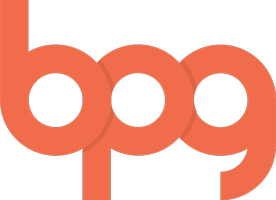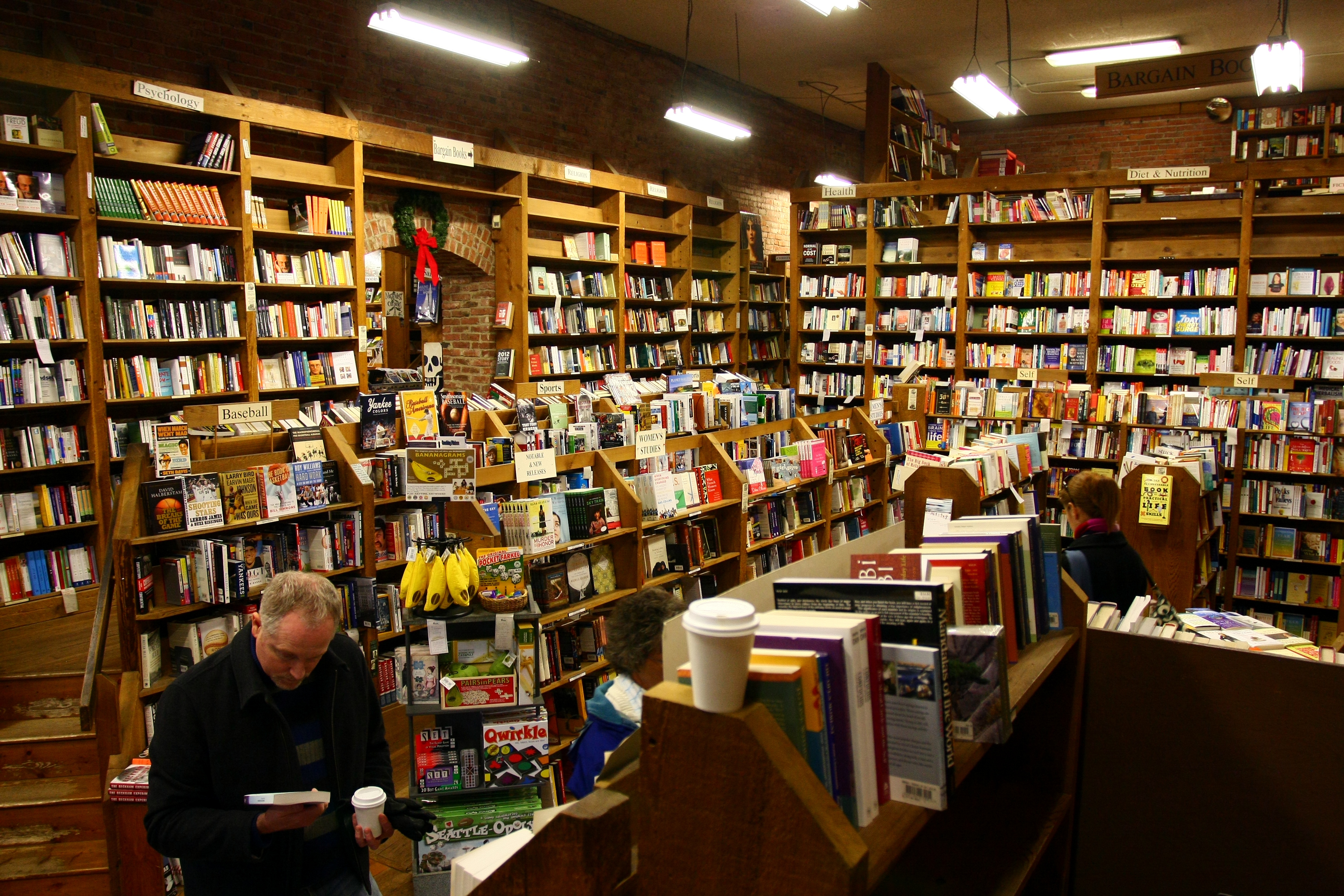Jumpstarter, kickstarter, trouble-starter. Jonathan Sexton is an instigator – the kind that makes you get off your ass and go do something. Jonathan is the CEO and co-founder of Bandposters (a Back Porch Group portfolio company), and co-founder of Nashville startup Artist Growth.
Conversations about the music business these days typically carry a “doomsday” tone, and for good reason. Recorded music sales are a fraction of what they used to be, resulting in less income for all involved. Songwriters aren’t getting as many cuts. It’s harder than ever to be a self-supporting touring artist. Ticket prices are skyrocketing as scalpers now get the best seats. There is so much noise and are so many artists all fighting for the ears of the masses. Radio is consolidated. The list goes on… maybe I should just stop writing.
But I won’t. I’m also not going to jump on the bandwagon of how it’s the best time ever to be in the music business, although optimism is generally my default position.
Over the coming weeks I intend to publicly explore what I’ve been privately curious about for years: What’s right with the business? Where are people winning? And what can we learn from that?
This isn’t a comprehensive list, but a few things I’ve noticed so far. More to come, and I want to hear and learn more about anyone who’s winning or is at least perceived to be. (That means email me your stories).
Songs: Great songs are winning. If your songs aren’t great, you’re screwed. Now that we are back in a singles economy, you need that one song people love. It’s what scaffolds potential fans into all your other songs. I liked the song “Thrift Shop” by Macklemore and Ryan Lewis, then listened to the rest of the album. “Thrift Shop” is now my least favorite track on the record. I’m now a fan, but the single was the bait.
Crowdfunding: I’m actually tired of hearing about how great crowdfunding is, but I’m more tired of apathetic artists being uncomfortable accepting the gift of life (in the form of money) from their fans that love them so much they just want to help. Crowdfunding is here to stay. Have you seen Songkick’s new Detour platform? It’s awesome. It’s a win.
NoiseTrade: NoiseTrade lets you trade tunes for emails of people who like your music. Give away music, get new fans. It’s perfect. I have a manager friend who spent $600 on a NoiseTrade campaign, then from the emails harvested, raised over $2k on a PledgeMusic campaign – that’s over a 3x return. I can’t guarantee everyone has the same success, but that’s a win.
Bonnaroo: Or really big music festivals in general. They are killing it. Yes, they have big backers, but the point here is that every year 100,000 screaming fans show up to a Tennessee farm because they love music. As hard as it is to get on the bill, if you can pull it off, it’s a massive opportunity that can catapult your career (trust me). It’s a win for music.
YouTube: YouTube can be monetized. People are making money with music on YouTube. It takes a lot of work, and you need someone with decent video editing skills, but assuming you can lock that down YouTube is mostly a music platform (over 60%). It pays better than Spotify, and allows you to release content, songs, art, interviews, anything, on your timeline; no distribution window.
What else is working? There are many more, I’m sure, and I intend to find out. The more we can focus on what’s working rather than what’s not, the quicker we can continue to evolve this business into something more viable.
Because “It ain’t what it used to be” isn’t getting us anywhere.


